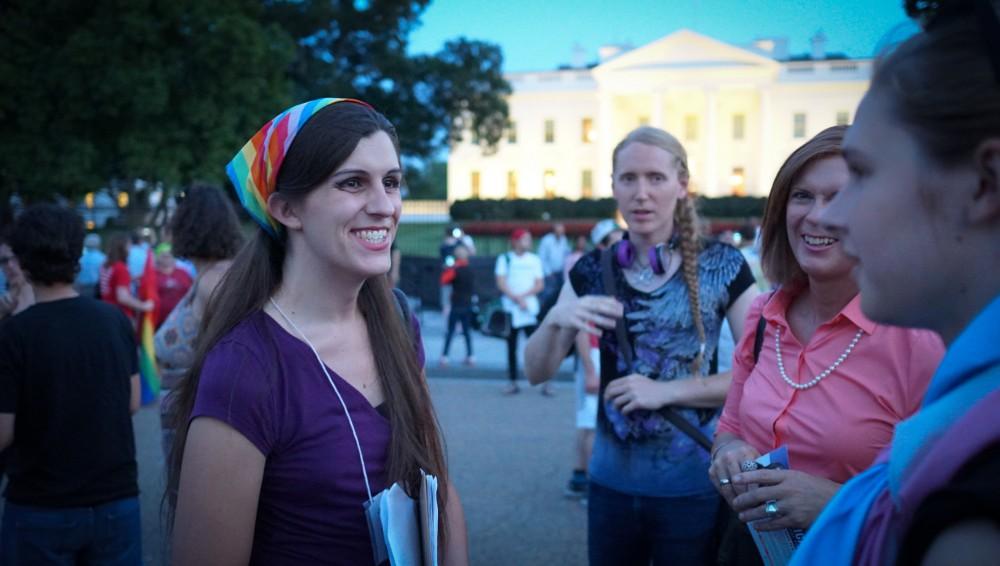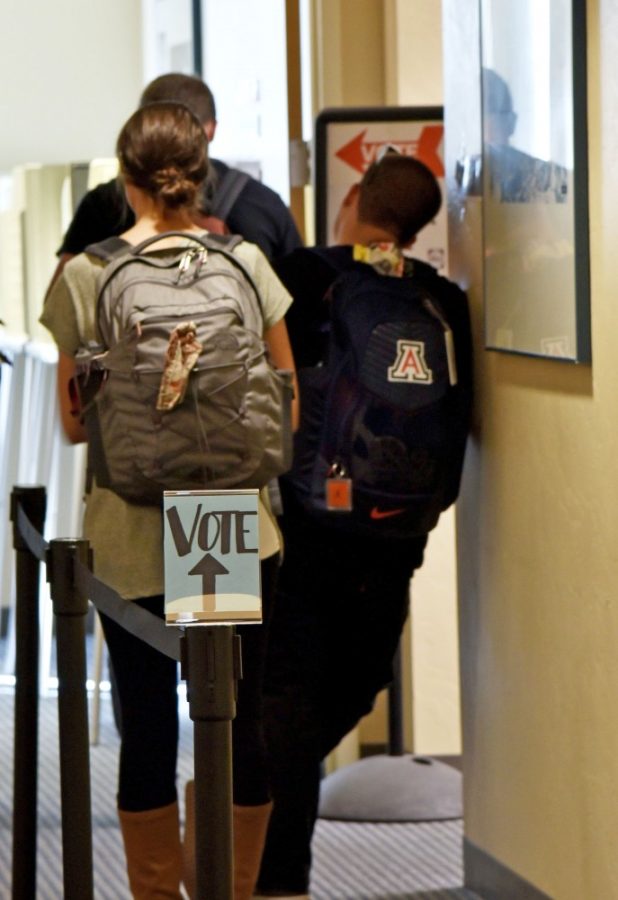Several new individuals were elected to the position of chief statesperson of their respective states earlier this month on Nov. 8.
These newly elected governors and state representatives usher in an evolved class of public official; this is one of the first prominent elections following President Donald Trump’s victory one year ago.
The people’s response, while not overwhelming, is certainly pressed in a singular political direction — Democratic. As is consistent with the typical pendulum of political progress, the gradual shift in a new direction often manifests itself early at the state-level.
RELATED: Opinion: We need environmental policy that works for everyone
This election was unique for several reasons, one of which was the election of new officials following the strange and transitional presidential election of last November. Other changes indicative of this cycle are policy shifts and the candidates themselves. Several of the victors, primarily of states along the Eastern seaboard, hail from backgrounds historically not involved in American political arenas.
Danica Roem of Virginia has become the first openly transgender person elected to an American statehouse. Roem defeated thirteen-term incumbent Bob Marshall, an individual who is noted to have considered himself Virgina’s “chief homophobe,” and, who was credited with drafting the state’s transgender bathroom-ban bill.

The city of Hoboken, New Jersey just elected Ravi Bhalla. He is the city’s first Sikh mayor. Born in New Jersey, mayor-elect Bhalla faced misplaced attacks on his religion and ethnicity, including billboards accusing him of a terrorist affiliation. The successful candidate, in his acceptance speech, secured his position with grace and appreciation of his city, state and country.
Are these examples of underrepresented individuals achieving public office a bit patronizing to some? They may be. That being said, it’s important to make note of social changes to the political landscape.
Concerning policy, citizens of various states opted to elect candidates with agendas consistent with progressive platforms including the retention of Affordable Care Act regulation in lieu of congressional and executive intention to scrap and replace the law.
RELATED: Opinion: An election reflection
Just as it’s important for Democratic hopefuls to access the energy needed to bring new life to the process of governance, it’s equally as important to remember the necessity of cooperation. Many other states elected or re-elected non-Democratic officials who maintain values equally as valid as the former.
Healthy transitions of power rely on well informed citizens acting on their conscience, and our chosen representatives mustering the drive to govern with integrity and unity aligned with the peoples’ voice.
Follow the Daily Wildcat on Twitter









